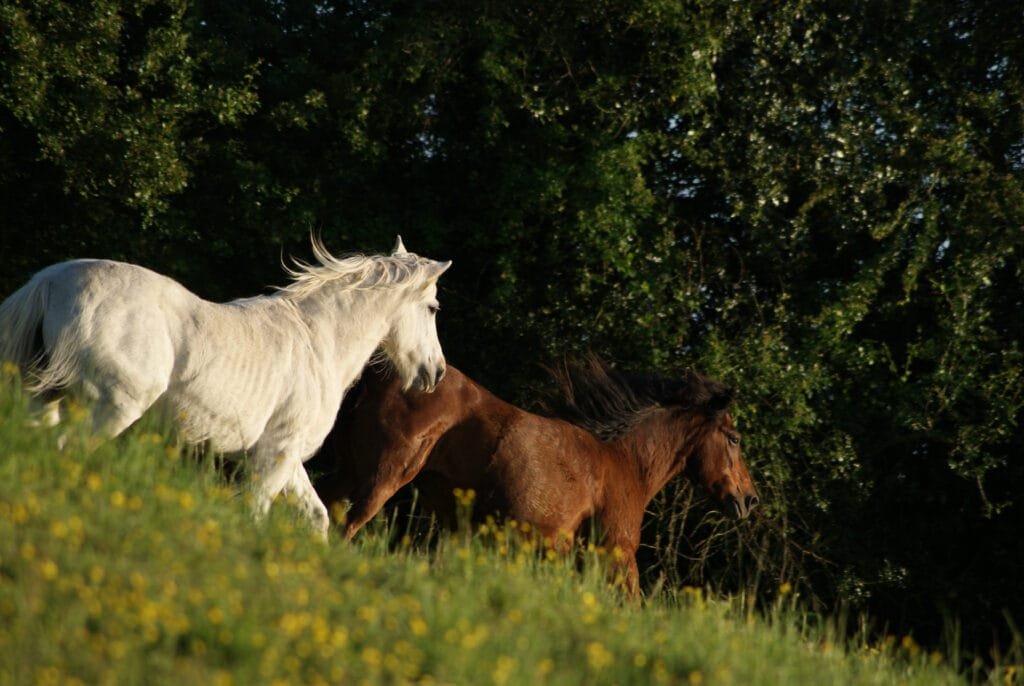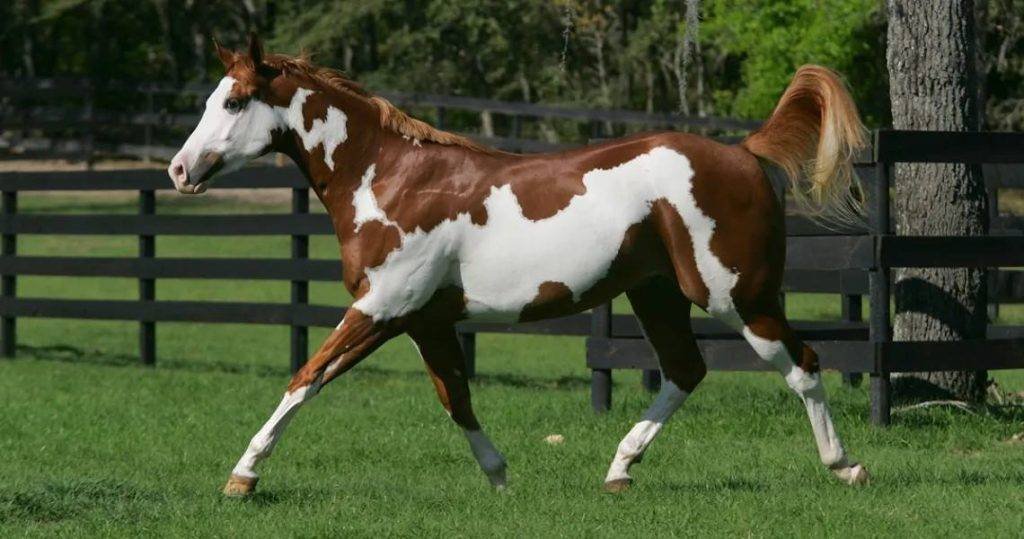When we think of jobs, we usually picture people going to work, earning a paycheck, and supporting their families. But what about horses?
They don’t pay bills or worry about 9-to-5 schedules — so do they really need a job?
The answer might surprise you: Yes, many horses do need a “job” — just not in the same way we do.
A horse’s job doesn’t have to involve pulling carriages or jumping fences. A job can be anything that gives a horse structure, purpose, and physical and mental engagement. Whether it’s a pony giving children riding lessons, a ranch horse working cattle, or even a companion horse helping a nervous one stay calm — horses thrive when they have something meaningful to do.
Let’s dive into why horses benefit from having a job and what kind of “work” might suit different types of horses.
🧠 Why Horses Benefit from Having a Job
1. Horses Are Naturally Active Animals
In the wild, horses roam for miles each day. Their minds and bodies are constantly working — finding food, staying alert, and moving with their herd. Domesticated horses don’t have the same challenges, which can lead to boredom and even bad behavior if they don’t have enough to do.
2. Jobs Give Horses Purpose
Just like humans, horses feel better when they have a routine and purpose. A job provides structure. Knowing when it’s time to be ridden, trained, or groomed helps them stay mentally balanced.
3. Prevents Behavioral Problems
A bored horse is more likely to develop habits like cribbing (chewing wood), weaving (pacing in the stall), or excessive anxiety. Keeping their minds and bodies active through regular tasks helps reduce these issues.
4. Improves Physical Health
Regular movement improves joint health, muscle tone, digestion, and overall fitness. Whether a horse is lightly exercised or trained for sport, keeping them active is key to long-term health.
What Counts as a “Job” for a Horse?
Not every horse needs to compete or carry riders every day. A “job” can be anything that gives the horse regular interaction, movement, and purpose.
Here are some examples:
✔️ Riding Horse
From casual trail rides to competitive show jumping, riding is one of the most common jobs for horses. It builds strength, keeps the horse in shape, and provides bonding time with the rider.
✔️ Therapy Horse
Calm, gentle horses often work in equine-assisted therapy. These horses provide comfort and healing to people with emotional or physical challenges. It’s a powerful role that makes a difference in many lives.
✔️ Lesson Horse
Some horses teach beginner riders in riding schools. They’re usually patient, steady, and reliable. While it can be repetitive, a good schedule and care routine can make this a very suitable job.
✔️ Ranch Horse
On farms and ranches, horses are still used for rounding up cattle, checking fences, and doing day-to-day work. These horses are athletic, smart, and love having a job to do.
✔️ Driving Horse
Some horses are trained to pull carts or carriages — for work, parades, or even weddings. It’s a different kind of physical and mental task that suits many breeds well.
✔️ Companion Horse
Even if a horse isn’t being ridden, they can still have a job as a companion to another horse. Some older or retired horses do this beautifully — keeping younger horses calm or helping anxious ones adjust.
🧓 What About Retired or Older Horses?
Horses that have worked their whole lives may retire as they age, but that doesn’t mean they want to be left alone in a field. Many older horses still enjoy light jobs like:
- Grooming sessions
- Hand-walks
- Easy trail rides
- Teaching children horsemanship
- Being around other horses
The key is adjusting the job to fit their abilities. Even in retirement, horses love having interaction and routine.
When a Horse Doesn’t Have Enough to Do
If a horse doesn’t have enough mental or physical stimulation, you may start to notice:
- Pacing in the stall or paddock
- Chewing fences or stall doors
- Aggressive or anxious behavior
- Weight gain or health issues
- Depression or lack of energy
These signs are often a cry for more activity or structure. A new job, even a small one, can make a big difference.
Matching the Right Job to the Right Horse
Not every horse is suited for every kind of work. For example:
- A young, energetic horse might enjoy jumping or trail riding.
- A calm, older horse might be perfect for beginner lessons or therapy.
- A retired racehorse may still enjoy light flatwork or groundwork.
It’s important to listen to your horse’s body language and personality. A well-matched job keeps them happy and healthy — mentally and physically.
A Horse With Purpose Is a Happy Horse
So, does a horse need a job? Maybe not in the traditional sense — but having a regular activity, routine, and sense of purpose is one of the best things you can offer your horse.
Whether they’re helping kids learn to ride, walking the trails with you, or simply keeping another horse company, a “job” gives your horse a reason to engage with life. And in return, you’ll have a healthier, happier, and more connected equine partner.




